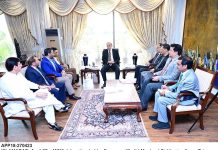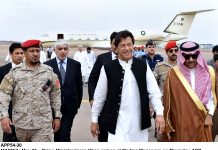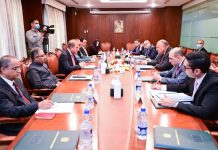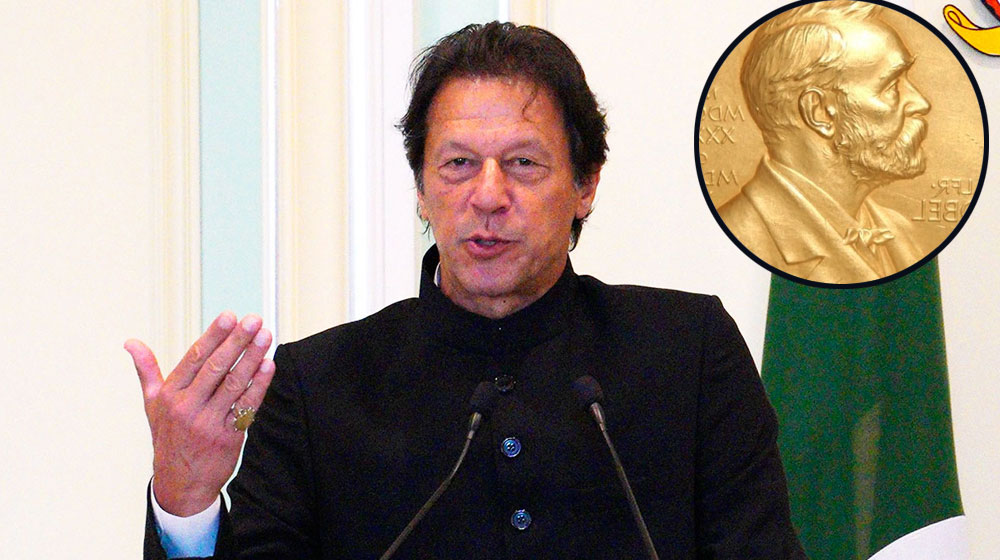The Joint Standing Committee on Foreign Affairs, Defence and Trade of the Australian Parlia
ment on Wednesday invited
Pakistan High Commissioner Babar Amin for a meeting at the Parliament House.
The chair of the committee, Senator Ian Macdonald welcomed the high commissioner. In his opening remarks, the high commissioner provided an overview of
Pakistan’s domestic and regional developments and gave perspective for strengthening
Pakistan-Australia bilateral relationship.
The high commissioner mentioned that
Pakistan and Australia had traditionally enjoyed close friendly relations. While maintaining candid difference of opinion on a range of issues, the two countries shared perceptions on several subjects of international significance. He emphasised the need for increasing
Pakistan-Australia bilateral leadership, parliamentary and senior officials’ level exchanges.
The high commissioner thanked Senator Linda Reynolds, who was part of the Commonwealth Observers’ Group for her recent statement that
Pakistan was “a fascinating, friendly and wonderfully diverse nation”. He also appreciated the senator for stating the recent elections as “historic for
Pakistan” and that there was “no question” in her mind that “the result represented majority of
Pakistan voters” and “its citizens”. He stated that while the new government in
Pakistan was focused on the socio-economic development through austerity and institutional reforms, it also aimed at improving relat
ions with all including the neighbouring countries.
He urged the members of parliament to play their role in conclusion of an early harvest preferential trade arrangement with
Pakistan, which would correct certain imbalances and increase the bilateral trade. He stated that
Pakistan offered the most liberal investment regime in the entire region, where inter-alia, a ten-year corporate income tax holiday and one-time duty-free import of capital goods were being offered at special economic zones (SEZs).
The high commissioner mentioned that the 15,000 or so
Pakistani students in Austra
lia, were contributing more than half a billion dollars in the Australian economy annually and were one of the most vibrant links between the two countries. He emphasised the need for better utilisation of the Australian Development Assistance and greater transparency and mutual evaluation of the projects and prioritising the capacity building in protection of indigenous genotype of agriculture crops and fruits and in phytosanitary matters. He hoped that the establish
ment of two or three centres of excellence for technical and vocational education in
Pakistan would be considered through Australian Development Assistance.
He mentioned the recent visit of veteran Australian politician Lee Rhiannon to Kashmir where she expressed the hope that
the UN Human Rights Report on Kashmir could provide a pathway for the right to self-determination of the Kashmiris. Mentioning the humanitarian crisis and human rights violations in the Indian-held Kashmir, the high commissioner urged the members of parliament to support the establish
ment of an independent commission of inquiry to investigate human rights abuses in Kashmir as proposed by
the UN human rights commissioner.
The members of the committee showed keen interest in understanding the priorities and agenda of the recently elected govern
ment of Prime Minister Imran Khan, prospects of increasing bilateral trade and opportunities available to Australian businesses in the China-
Pakistan Economic Corridors (CPEC) and various other issues.
Published in Daily Times, September 20th 2018.













